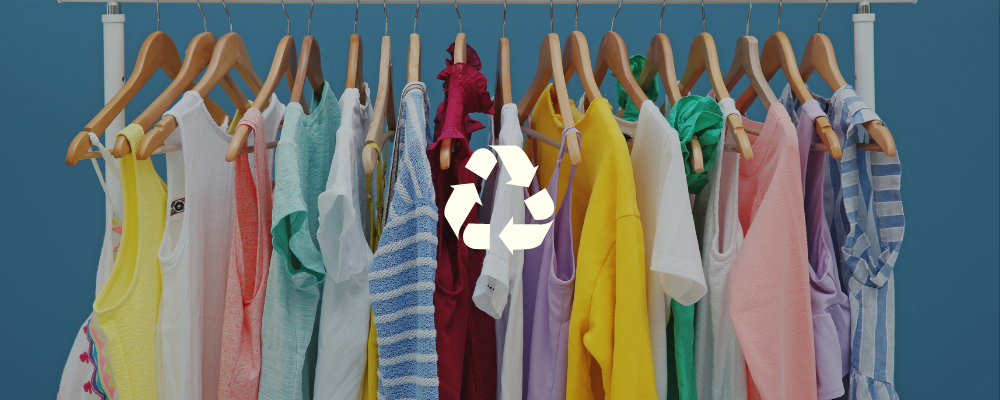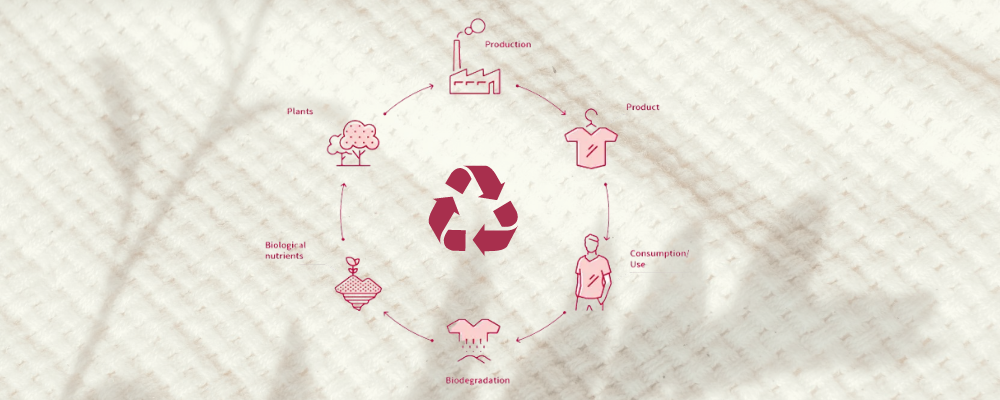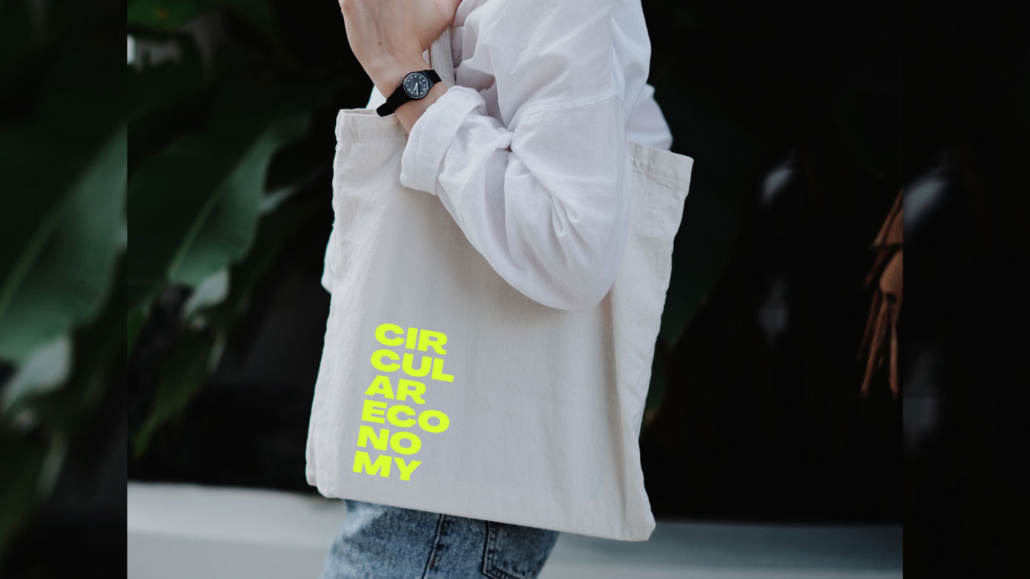“A pact to raise awareness of social, environmental and economic agendas present, not only in fashion, but on the planet.”
/coletivix/
ETIM lat. collectivus,a,um ‘that which groups together, gathers’
1. covering several people or things.
2. that belongs to several people
Coletivx promotes the philosophy of awareness and social, environmental, and economic responsibility in the curation of brands, through the study of the 17 SDGs (Sustainable Development Goals) and the framework of conscious production and consumption.
“ECO = MMERCE” represents a catalyst for change through the dissemination of knowledge and education on macro issues and in the curation of brands and partners.
“Coletivx is more than an e-commerce platform, it is a collective and a conscious community in search of a better future (and present).”
Collective Philosophies
“At Coletivx we believe that it is possible to produce and consume more consciously. We work with a selection of brands that have in common the desire to reduce their impact and increasingly evolve towards a fashion with more social and environmental responsibility.”
Circular Fashion: using the planet’s finite resources in a more sustainable and responsible way. Circularity proposes the reuse of materials to increase the product’s life cycle and reduce its impact on the environment.
3 possibilities for brands to move closer to a more circular production model:
● New products from recycled materials;
● Upcycling: the technique presents a new purpose to existing materials that would otherwise be discarded;
● Second-hand products.
Eco-friendly: products with the aim of causing less impact on nature and the world.
Low/Minimum Waste: the concept of zero or minimal waste in fashion presents a production of little or no textile waste in the production cycle. The technique allows different ways: creating a design that uses 100% of a certain material or using these leftovers to make another product, always with the main objective of avoiding the disposal and production of waste.
Made by women: brands that celebrate and value women in the workforce. Fashion as a path to female empowerment.
Handcrafted: handcrafted products and traditional techniques, careful choice of materials and a strong connection between the creator and the final product.
“The “handmade” not only brings a more human connection to fashion, but also a certain exclusivity for the consumer, since the production of the articles is not mass.”
Social Responsibility: products and brands that value the positive social impact on the community, value their employees in an egalitarian and fair way, in addition to respecting diversity and practicing inclusion throughout their production chain.
Conscious use of natural resources: as an industry that uses natural resources on a large scale, brands that value the conscious use of resources in their production are extremely important. This includes the way in which water, soil and forest resources are used.
“To move towards a more conscious production, it is interesting to use reused water or think of ways to reduce the use of water and energy, rethink the use of chemical products and, of course, preserve our forests.”
Slow Fashion, timeless and on demand: a fashion movement that values the product’s production processes: who makes it, the way it is made, the materials used, cultural aspects and respect for the time of making that product. It’s about producing in a slower, more conscious and respectful way with people and the planet. Many brands that adopt the movement work with an on-demand production, avoiding waste and excess inventory.
Ethical and/or local production: ethical fashion is one whose main pillar is the concern for the people involved in its production chain – decent and fair working conditions, contributing to the preservation of cultural traditions and prioritizing local production that values the region and its community.
Transparency and Fair Trade: transparency in fashion is fundamental for the sustainable development of the sector. Transparent businesses promote more conscious choices.
“It is through knowledge that we are able to demand more from the industry and start a discussion aspiring to an increasingly sustainable fashion.”
Sustainability, Curation, Community, Transparency, Education
Brand curation and analysis in 3 steps:
1. Brand analysis by framework and criteria – brands must fulfill at least 1 of the 20 criteria;
2. Meeting with the brand;
3. Sending a questionnaire to the brand that allows questioning the entire production process and brand governance, in order to verify its eco-responsibility.
“We want to help people make more thoughtful decisions, and show that it is possible to consume more sustainably; Coletivx was created with the aim of promoting conscious consumption of fashion and lifestyle. We want brands that share these values with us and that care about the future of our planet, seeking to minimize their socio-environmental impacts and trying to be their best versions throughout their production chain.”
Coletivx Brands
“From personal experience, I know how hard it is to find brands committed to social and environmental issues, without leaving fashion curation aside. That’s why I wanted to create a single place where people could find all these brands and make it easier for them to consume in a more conscious way,” Sofia Oliveira, Coletivx.
Circular Economy
We are experiencing a transition, a paradigm shift where creativity and empathy are imperative.
Platforms like Coletivx lead the way with new ways of working and caring for their employees.
The circular approach stimulates innovation and gives meaning to business, giving impetus to the development of new materials and processes. Read More…
#sustentabilidade #coletivx #circularidade #economiacircular #modacircular








